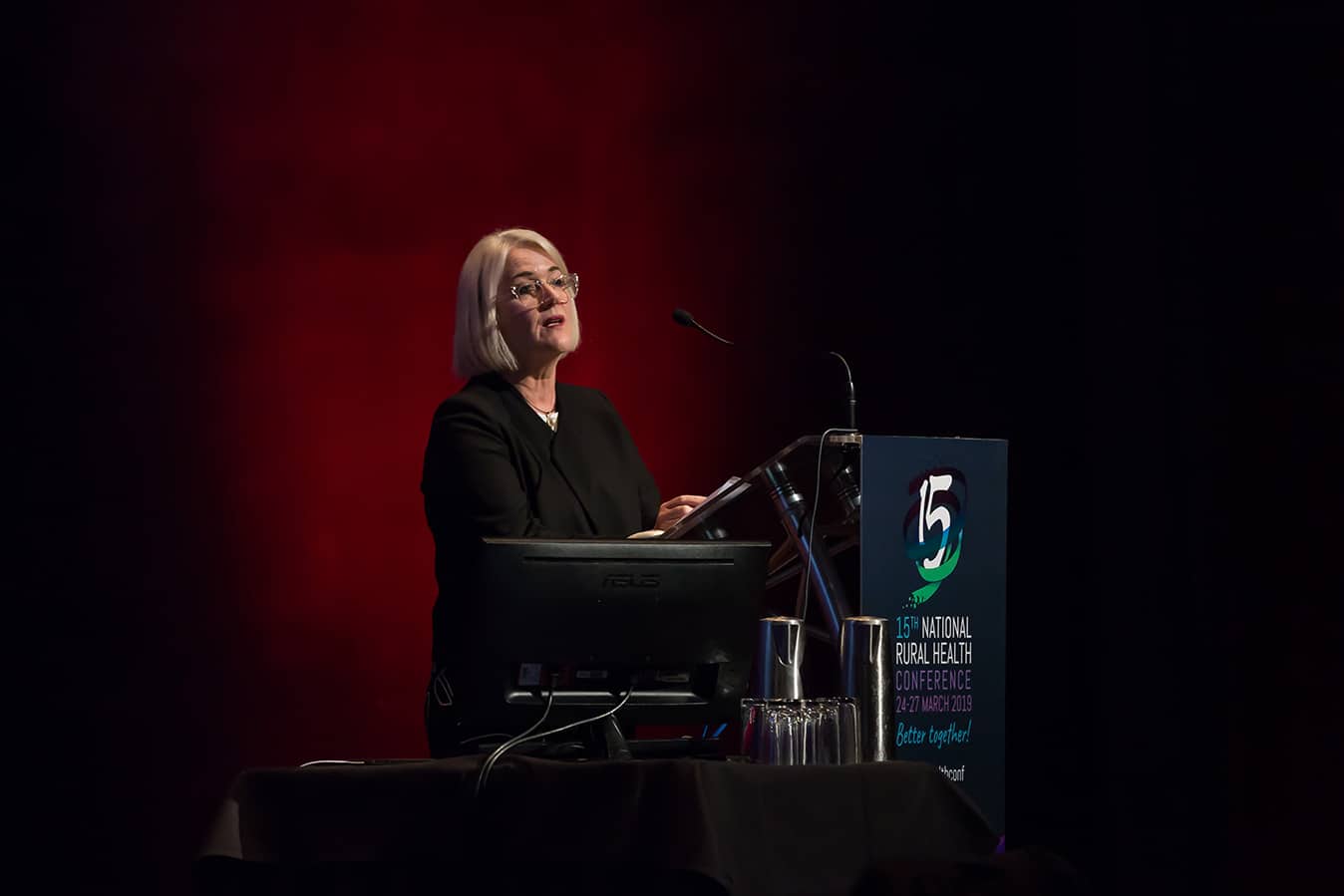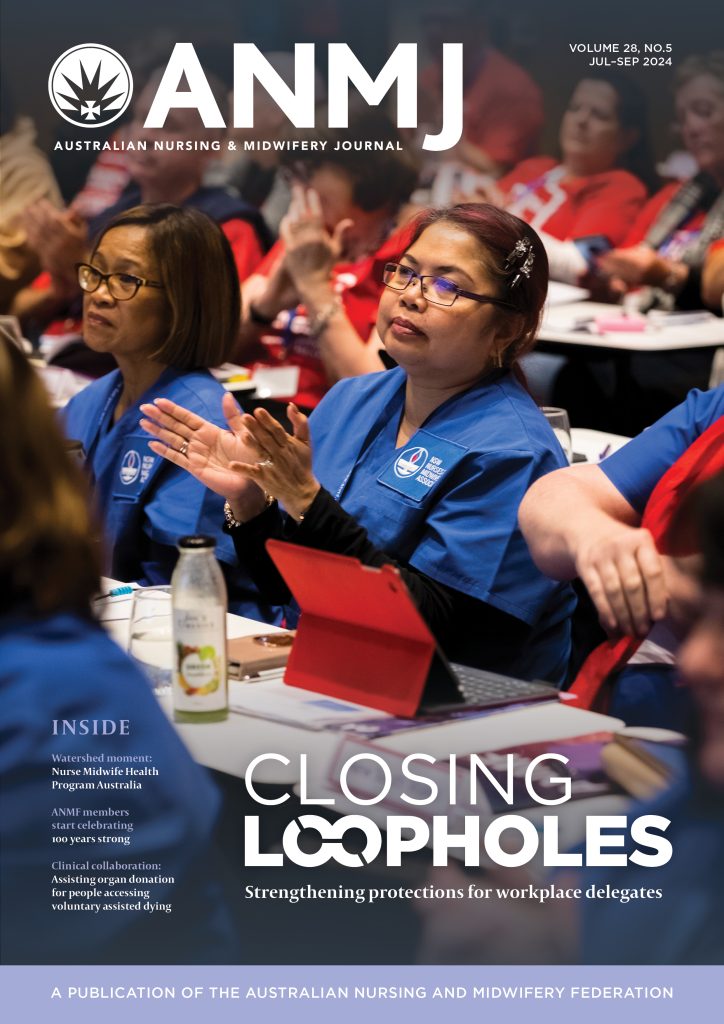A leading primary healthcare academic has challenged nurses to think big and take the lead in making a difference to the health of the planet as the United Nations’ 2030 deadline for achieving its Sustainability Development Goals approaches.
Speaking at the opening session of the 15th National Rural Health Conference in Hobart last Sunday, Professor Jane Mills, Pro-Vice Chancellor, College of Health at Massey University in New Zealand, told delegates planetary nursing holds the key to tackling urgent planetary health issues such as climate change.
“Nurses and other health professionals have a great opportunity to influence the health of individuals, communities and the planet,” Professor Mills said.
“We need to think big about our role in promoting planetary health and understand that every action, big or small, makes a difference.
“It’s up to us to lead the way and bring the next generation of rural health practitioners with us on our quest for a healthier planet.”
In framing her call to action, Professor Mills outlined the evolution of the 17 Sustainable Development Goals, which include ending poverty, good health and wellbeing, climate action and gender equality, then cited several studies arguing the fragmented nature of the targets had made them difficult to relate to and integrate into everyday practice.

“For healthcare professionals, and in particular nurses, there is a risk of disconnect between their professional lives and these global aspirations.”
Professor Mills suggested the emerging concept of planetary health, and in turn planetary nursing, could help make the SDGs more relatable for clinicians
“Over the past 30 years in this country we have developed a paradigm of thinking about rural health that features access to equitable services, workforce supply and sustainability, occupational health and safety and mental health,” she said.
“I would argue that in line with global trends, now is the time for us to shift this paradigm of thought to raise awareness of the impact of our practice on the planet.”
Professor Mills said nurses were best placed to lead the way because globally they make up 50% of the health workforce.
“It is the sheer numbers of the nursing and midwifery workforce that results in these groups having the greatest potential to make a difference to the planet as long as they know how.”
Professor Mills pointed to nursing academic William Rosa’s definition of planetary nursing who said:
“Planetary nursing identifies humanity’s interconnectedness with the stability of the planet, the grassroots efforts of nurses worldwide and the profession’s willingness to embrace planetary health as a priority in our work as facilitators of healing, leaders, and activists for social justice and health equity.”
In real terms for rural health professions, in particular rural nurses, Professor Mills outlined four domains she believes can trigger change and improve health and wellbeing – policy, practice, education and research.
In regards to policy, Professor Mills said professional associations such as the Australian Nursing and Midwifery Federation (ANMF) and National Rural Health Alliance (NRHA) had a role to play in encouraging their members to become planetary health advocates.
“Fostering resilient health systems requires leadership from these organisations that encourages nurses to speak out on climate change and the associated effects on human health and wellbeing.
“Finding ways to increase the participation of nurses and midwives in formulating solutions to local problems of international and national significance including pandemic preparedness, rapid response efforts across sectors, and health communication are also vitally important for developing policy fit for purpose.”
Professor Mills said rural nurses and other health professionals could take significant action within their everyday practice in areas such as disaster preparedness and response, greening the work environment and patient education.
She encouraged nurses to form a Green Team in their workplace and develop formal implementation plans shaped by the UN’s SDGs.
“Ask the question ‘can we use less?’ Can it be re-used? Can it be recycled? Think about installing low-flow water systems and rejecting bottled water for drinking. Find out about climate friendly waste disposal methods in your area and understand the difference in cost between regular and medical waste disposal.
“Advocate for a move to renewable energies in the workplace and consider using low emission forms of transport to get to and from work. Walking, biking and carpooling saves money and it also saves the planet.”
Professor Mills added health professionals could help educate communities about the health effects of global climate change and empower individuals to make a difference to the environment.
In this vein, Professor Mills argued the improved education of nurses was pivotal to them significantly influencing planetary health.
She proposed weaving the SDGs into accreditation standards and teaching student nurses about the social determinants of health would help produce graduates confident to become the leading voice of influence in planetary health.









